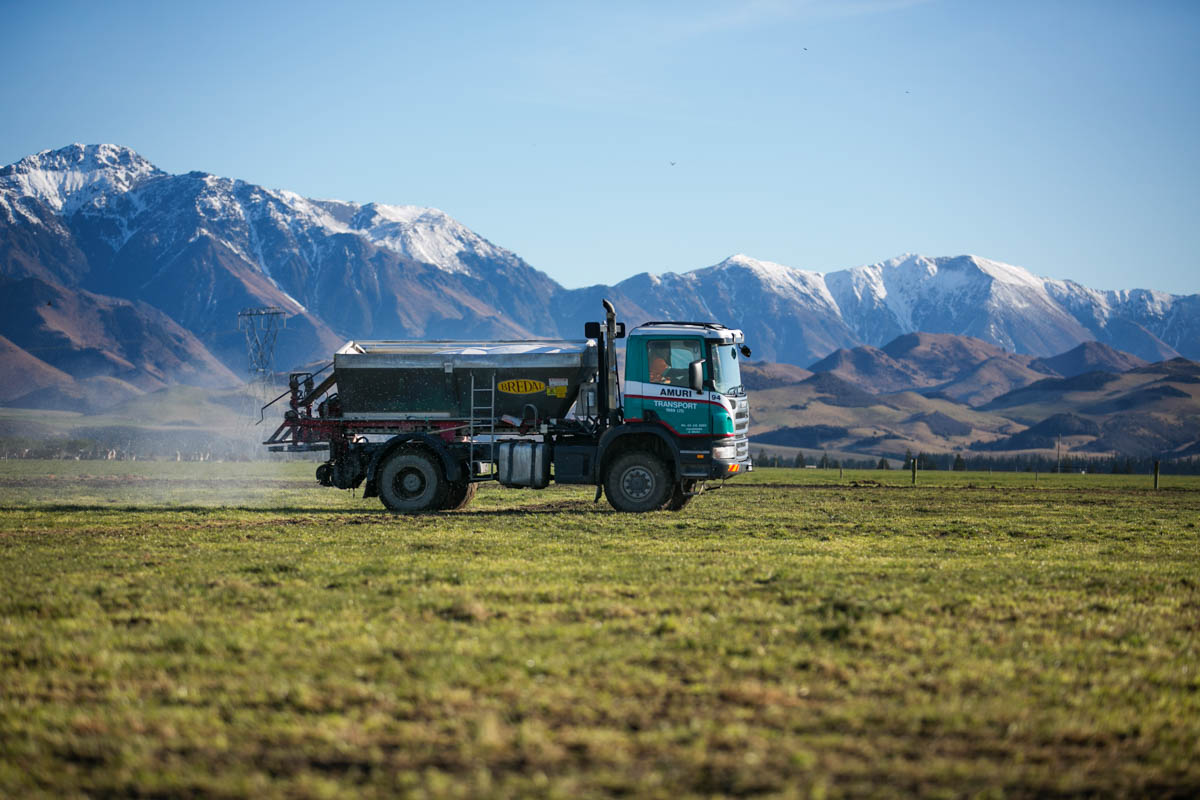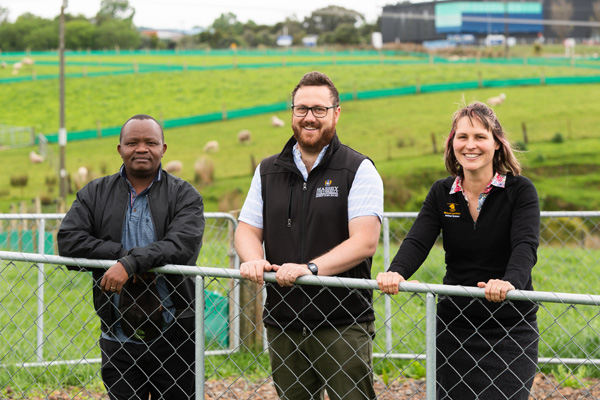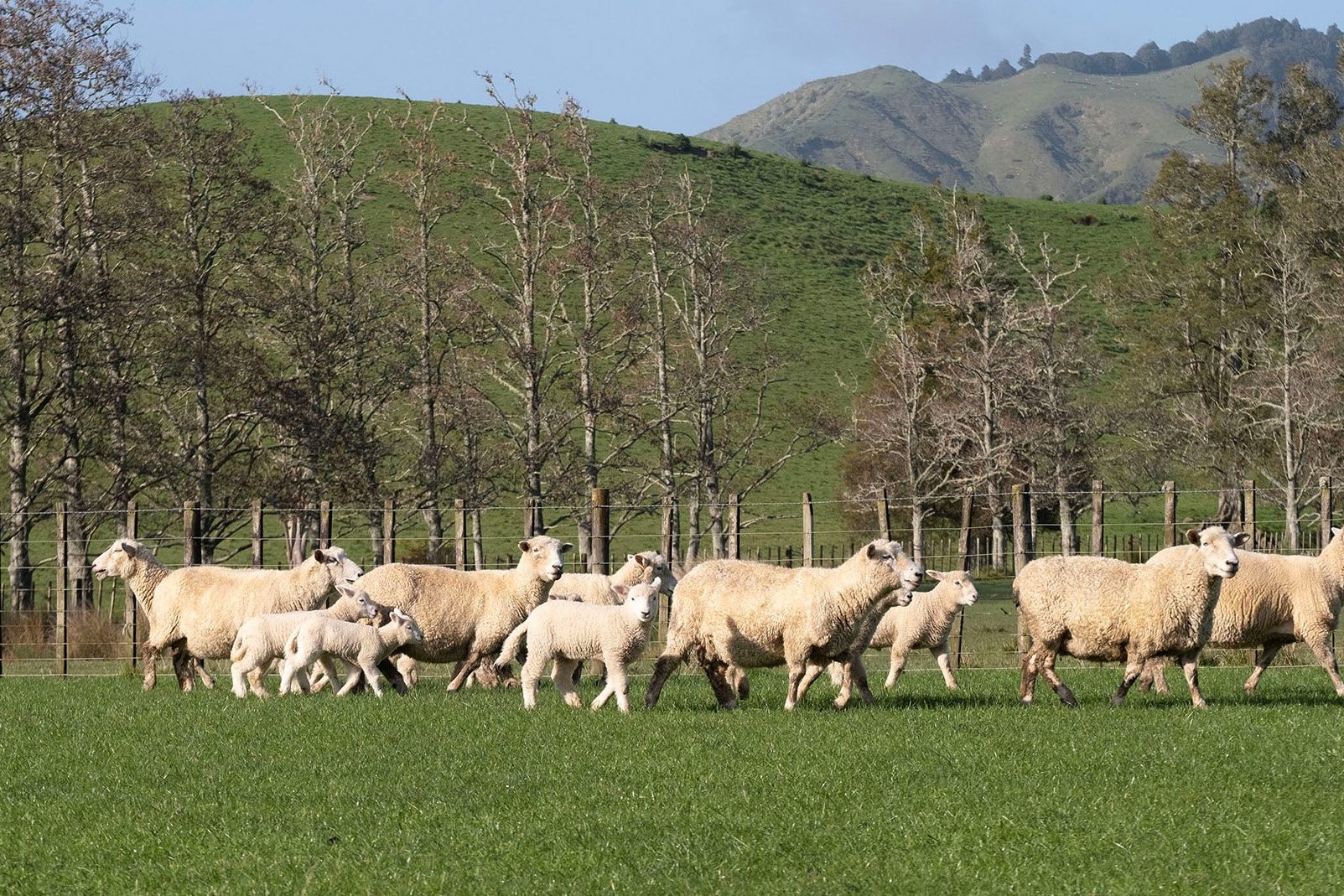The maternal side of an animal has a far more important role to play than many New Zealand farmers believe, Duncan Mackintosh says.
Duncan and wife Tina farm White Rock Mains farm, a 1056 hectare sheep, beef and dairy support at North Loburn, near Rangiora. The couple, winners of the 2019 Canterbury Ballance Environmental Award, have 3000 ewes and 900 hoggets. Just after tailing for the 2019/20 season, their farm became the location for one of the New Zealand trials of the Smart Shepherd sheep ‘collar’ device, which measures the maternal performance of livestock.
Smart Shepherd uses Bluetooth technology to accurately identify the lambs raised by each ewe and measures the strength of the ewe-lamb bond. It provides farmers with first-time insights into the ewe and lamb bond by measuring the frequency of interaction and the distance at which the ewe and lamb associate in a paddock.
“This is a very exciting development,” Duncan says. “We’re very interested in the technology of genetics and have long said that the next frontier of the New Zealand sheep industry would be getting parentage assignment at a commercial price. A friend, who is a sheep scanner, told us about the collar trial and we were very keen to give it a try. We trialled it on 400-500 ewes this year but in the coming season, we’ll be using the collars on our entire flock.”
Duncan and Tina worked with Aimee Charteris and Dr Mike Tate, directors of Four Good Foods, which has been trialling the award-winning technology in New Zealand. The Mackintosh flock is all EID tagged, so data gained from the trial goes into their EID life history. The collars can be easily fitted on an animal between four weeks of age and weaning. Once the collar is removed, information is analysed and returned within 48 hours. Smart Shepherd provides dam pedigree, birth rank and rearing rank. The information can be loaded into any animal performance recording system. Sire pedigree can be included in the results package if the programme single sire mates the ewes in the flock. The system can match more than 1000 lambs a day to their mothers.




